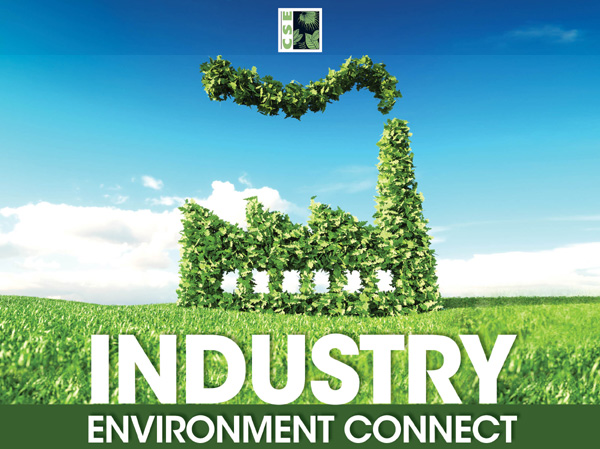 |
| August 2023 |
 |
| |
 |
|
| Editor's Note |
| |
|
|
 |
Dear Readers,
Industrial Pollution team at CSE brings you its latest work in the field of industry and the environment in the form of this newsletter. In last 4 months, my colleagues have travelled extensively to different regions, engaged with multiple stakeholders, to understand and bring you the perspective from field investigations and data analysis.
We are glad to share with you dear readers that several of the findings and recommendations highlighted in our reports over the years and in our engagement with the regulatory authorities found acknowledgment and meaning as these were translated into directions and/or guidelines for the industrial sectors.
Last year we prepared a comprehensive guideline for stone crushers with the objective to reduce fugitive dust emissions from the sector. We shared the guidelines with all the SPCBs and Central Pollution Control Board (CPCB). Post our intervention, CPCB shared a draft guideline for the stone crusher units with SPCBs for their comments.
In past, we have also raised the issue of usage of dirty fuel by small boilers. Our research shows one of the solution could be installation of common boiler which will simultaneously supply steam to several industries at required temperature and pressure. This will in turn reduce the unnecessary workload of regulators as they do not have to inspect hundreds of small boilers for compliance. CPCB has accepted our recommendation and has come out with a document titled ‘’Guidelines for Promoting Community Boiler for Cluster of Small-Scale Industries” for public comment.
Taking cognizance of the pollution from using ‘dirty’ coal, the Commission on Air Quality Management for Delhi NCR and adjoining areas called for a complete ban on use of coal by industries in Delhi NCR. This transition though will not come easy for the industries as the price for ‘cleaner’ fuels has surged drastically in the past two years and the challenges of supply, cost, and monitoring queer the pitch for the transition to cleaner fuels in industries in Delhi NCR. We talk about the same in detail on our latest report “Refuelling Delhi NCR: A study on challenges faced by industries in transitioning to cleaner fuels in Alwar District”
Along with cutting back on use of coal in industries, we need to invest in making existing coal fleet cleaner. Unfortunately, only 5% of the coal power plants have so far installed pollution control measure for control of sulphur dioxide norms introduced by the Ministry of Environment, Forest and Climate Change in 2015. You can find the detailed analysis in our report ‘Compliance status of coal based power plants: Tracking installation of SOx control measures’.
Apart from compliance with the SO2 norms, policy for replacement of some of coal with agricultural residue, called biomass co-firing, too has not seen much on-ground implementation owing to poor infrastructure and weak planning. We establish the same in our report ‘Status of biomass co-firing in coal based thermal power plants in Delhi NCR’.
I hope you will enjoy reading the second issue of the newsletter and send your valuable feedback to us.
|
 |
| |
 |
 |
| |
Nivit Kumar Yadav
Director, Industrial Pollution Unit
|
| |
|
 |
|
|
| Fugitive Dust Emission from Industries |
| |
|
|
| |
|
|
|
|
Industry and Technology |
| |
|
|
| |
|
|
| |
|
|
| |
|
|
| |
|
|
|
Environmental Governance
|
| |
|
|
| |
|
|
| |
|
|
| |
|
|
| |
| |
|
|
| |
|
|
|
| Making Manufacturing Green |
| |
|
|
| |
|
|
| |
|
|
| |
|
|
 |
| Decarbonising Coal Thermal Power Plants |
| |
|
|
| |
|
|
| |
|
|
| |
|
|
 |
|
Shifting Dynamics of Power in India |
| |
|
|
| |
|
|
| |
|
|
 |
|
|
| |
|
Global Energy & Emissions Scenario |
| |
|
|
| |
|
|
| |
|
Coal Mining
|
| |
|
|
| |
|
|
| |
|
Pitch for Cleaner Fuels in Industries
|
| |
|
|
| |
|
|
| |
|
|
| |
|
|
| |
| Reports |
| |
|
|
| |
|
|
| |
|
|
| |
|
|
| |
|
|
| |
| Upcoming Trainings/ Workshops |
| |
|
|
 |
| |
|
|
| |
To share your feedback, please contact |
|
| |
|
|
| |
|
|
 |